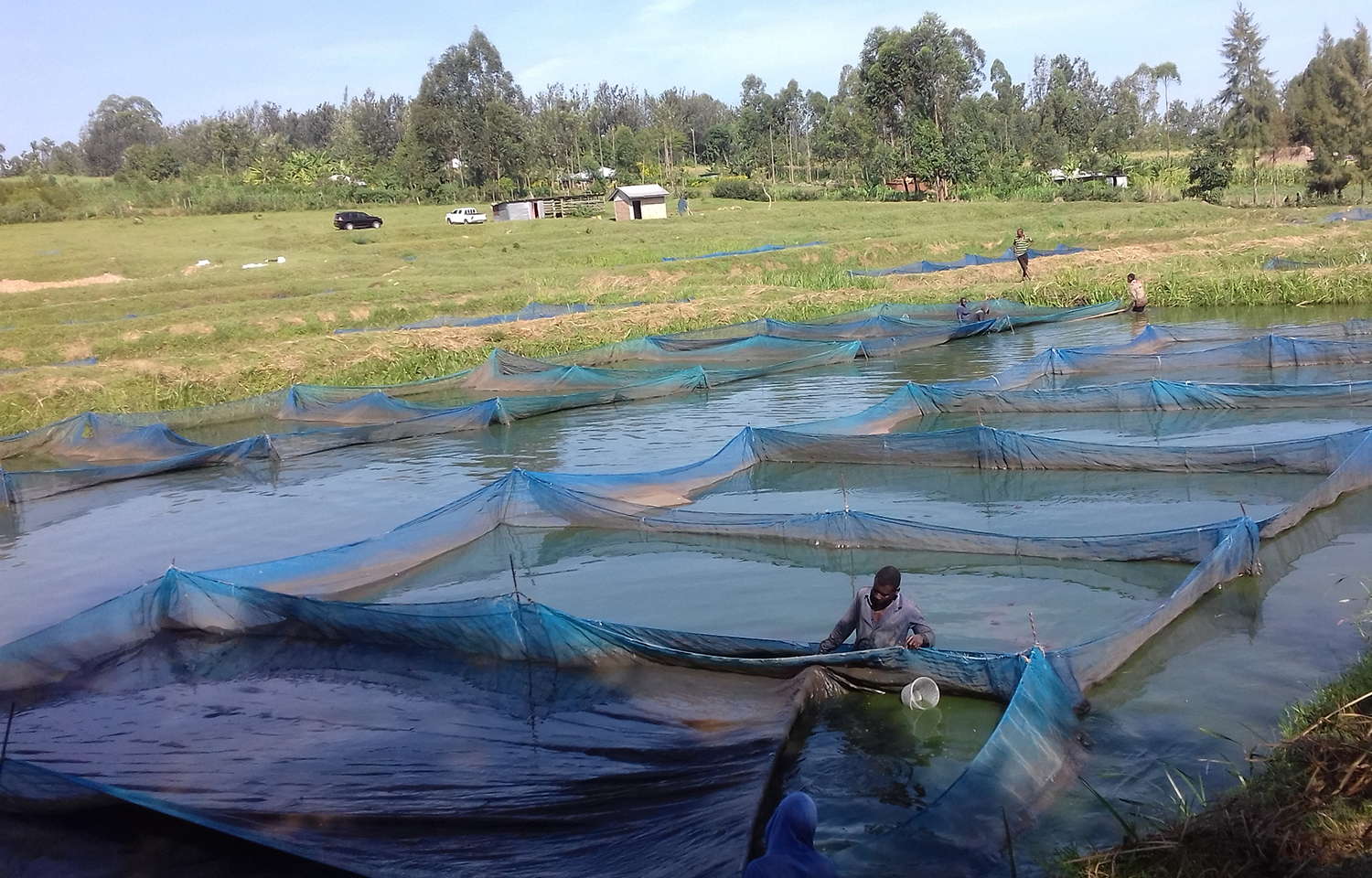A USD 10 million (EUR 8.8 million) fish-farming project has launched in Kenya, focusing on expanding farmers’ access to genetically improved strains of tilapia.
The Climate-Resilient Aquaculture (CASA) project – an initiative of nonprofit WorldFish to sustainably increase tilapia-farming productivity and profitability – was unveiled in May to ensure the ability of Kenyan farmers in five counties to produce improved strains of the fish.
“CASA will reach 4,000 farmers with more than 150 million improved tilapia seed over the five-year period of the project, and it will develop the long-term infrastructure to produce and deliver more than 100 million improved fish seed annually in Kenya,” CASA Project Lead Josephat Nyongesa told SeafoodSource.
Nyongesa said that more broadly, the project is expected to contribute to Kenya’s goal of increasing the nation’s fish production from its current total of around 147,000 metric tons (MT) to 450,000 MT by 2030.
“The project will be implemented through private-public partnerships with farmers getting support through capacity-building and training … and [connections] to financial institutions,” he said.
The five counties involved in the project are Homa Bay, Busia, Kakamega, Migori, and Kisii, all of which border Lake Victoria – Africa's largest inland fishery and where the majority of the country’s inland fish farmers reside.
Nyongesa said the areas have yet to reach their maximum fish production capacities and have “high demand for fish – so high that, in many cases, most of the fish produced is consumed locally,” explaining that the improved strains will help to meet that demand because they “are very resilient and more climate-friendly, resulting in their widespread use in successful small- and medium-scale farming systems.”
“Compared to other strains, [genetically improved tilapia] benefits include increasing productivity by up to 200 percent, a faster growth rate of at least 30 percent, improved feed conversion, higher survival rates, adaptability to a wide range of environmental conditions and production systems, higher profitability, and more cost-effectiveness,” he said.
CASA is financed by the Gates Foundation and Qatar Fund for Development, each of which are providing USD 5 million (EUR 4.4 million) to leverage on genetically improved tilapia’s advantages in the marketplace.
WorldFish is also collaborating with seven other countries in Africa – Zambia, Malawi, Mozambique, Tanzania, Zimbabwe, Madagascar, and Comoros, all of which are members of the Southern African Development Community (SADC) regional economic bloc – on a project to improve the quality of native tilapia in the region.
Under that project, each of the participating countries has established a breeding plan for the genetic improvement program that would source tilapia seed from hatcheries that use native wild stock as broodstock, ensuring that any fishery escapes limit effects on wild populations, among other benefits.
“Enhancing these indigenous species is crucial for sustainable development and biodiversity conservation in southern Africa,” WorldFish Strategic Communications Specialist David Wardell told SeafoodSource in September 2024.
Source - https://www.seafoodsource.com













